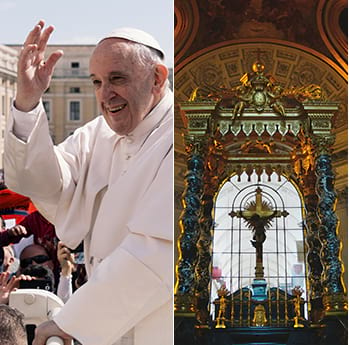Pope Francis invited young economists from around the world to meet and reflect on how to “change the current economy and give a soul to the economy of tomorrow.” He invited to participate in this broad, shared discernment, all those who today are beginning to study and practice an economics that is different from the one he rejected in the first chapter of his encyclical, Fratelli Tutti.
What is needed, he says, is “an economy that gives life and does not kill, includes and does not exclude, humanizes and does not dehumanize, takes care of creation and does not plunder it.”[1] The event, from November 19 to 21, 2020, held online because of Covid-19, was promoted by the diocese and the town of Assisi, the Seraphic Institute of Assisi and the Economy of Communion (EoC).
What characteristics should an economy have that is capable of listening to “the cry of the earth and the poor”? If we want the “Economy of Francesco” not to become an empty slogan, young economists, believers or not, must courageously face the problems that concern their discipline.
In the following pages we will recall, first of all, that economics is necessarily based on numbers, and that any change in the economic paradigm requires a realignment, on the part of young economists, of these numbers and of all the data at our disposal. Then we will show that some major principles dear to Pope Francis are also excellent guidelines for reforming the world economy. Finally, we will present the concrete example of an initiative that illustrates the spirit of discernment to which the pope invites us.
The observations that follow are not intended to replace this collective discernment, but, on the contrary, to call attention to some fundamental points that are necessary to help all of us in this spiritual experience.
Poverty and inequality
“Inequality is the root of social ills” (Evangelii Gaudium [EG], No. 202). It is from this statement that any reflection leading to a different economy must start. “The world is rich and yet the poor are growing around us. According to official reports this year’s world income will be $12,000 per person, However, hundreds of millions of people are still mired in extreme poverty lacking adequate and essential food, housing, health care, schools, electricity, clean water and sanitation.”[2]
This article is reserved for paid subscribers. Please subscribe to continue reading this article
Subscribe
Welcome to
La Civiltà Cattolica !
This article is reserved for paid subscribers
Please login or subscribe to continue reading this article
























